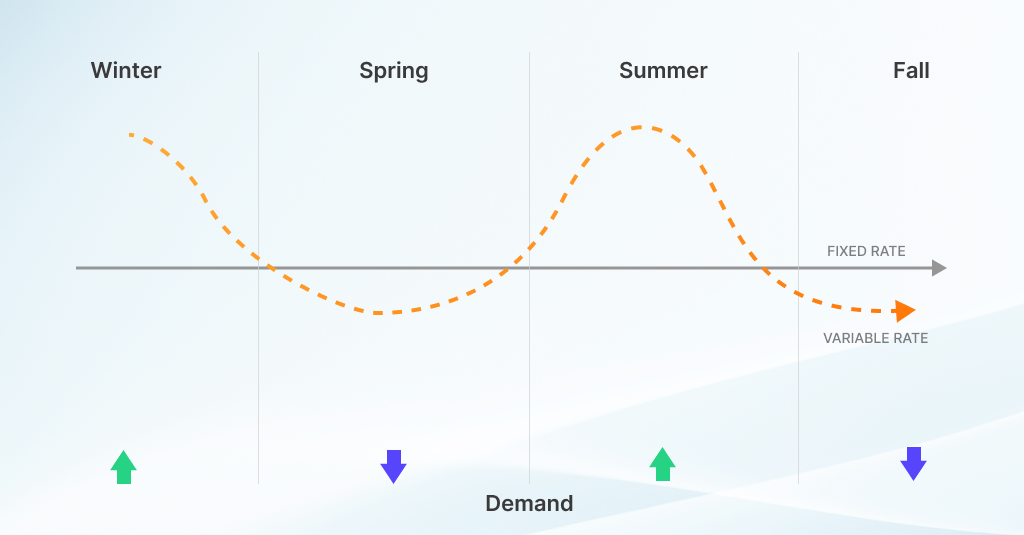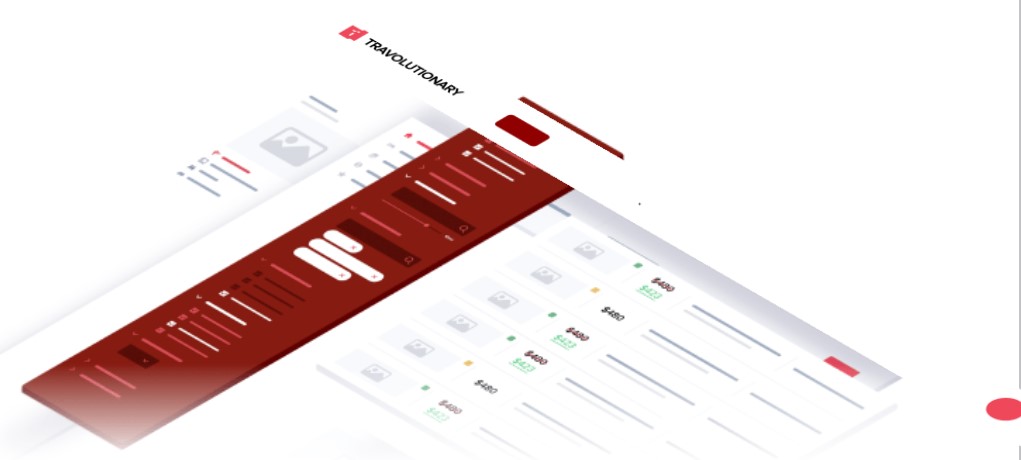What is Variable Markup?
Variable markup is a dynamic pricing strategy that adjusts the price of products or services based on real-time factors such as demand, competition, and market conditions. This approach is especially relevant for travel companies, as the travel industry is highly sensitive to fluctuations in market conditions and consumer behavior.

Understanding Variable Markup
Variable markup involves setting prices that are not fixed but instead vary according to several influencing factors. For travel companies, these factors include:
Demand Fluctuations: Travel demand can be highly variable, influenced by seasons, holidays, and special events. For instance, hotel prices might increase during peak travel seasons or major local events due to higher demand. Variable markup allows travel companies to adjust prices dynamically to reflect these demand changes, optimizing revenue during high-demand periods and remaining competitive during low-demand periods.
Competitive Landscape: In the travel industry, competition can be fierce with numerous companies offering similar services. By employing variable markup, travel companies can respond to competitors’ pricing strategies in real time. For example, if a competitor reduces their prices, a travel company can adjust its pricing to remain attractive to potential customers without losing revenue opportunities.
Market Conditions: Broader economic conditions, such as changes in fuel prices, currency fluctuations, or geopolitical events, can impact travel costs. Variable markup enables travel companies to adjust their prices in response to these external factors, ensuring that they maintain profitability despite changing market conditions.
Benefits of Variable Markup for Travel Companies
Optimized Revenue: By aligning prices with real-time market factors, travel companies can maximize revenue potential. During periods of high demand or increased competition, higher markups can capture greater value, while lower markups during quieter times can attract more customers and increase volume.
Enhanced Competitiveness: Travel companies can stay competitive by adjusting prices in response to market conditions and competitor actions. This flexibility can help attract and retain customers in a competitive market.
Improved Customer Satisfaction: By offering prices that reflect current market conditions, travel companies can provide more accurate and fair pricing to customers. This transparency can enhance customer trust and satisfaction.
Implementation in the Travel Industry
To effectively implement variable markup, travel companies need robust data analytics and pricing tools that can analyze real-time data and adjust prices accordingly. Leveraging technology, such as AI-driven pricing algorithms and market analysis platforms, can streamline this process and provide valuable insights for pricing decisions
Conclusion
Variable markup is a powerful pricing strategy that enables travel companies to adapt to changing market conditions and optimize their revenue. By adjusting prices based on demand, competition, and other factors, travel companies can enhance their competitiveness and better meet customer expectations.







